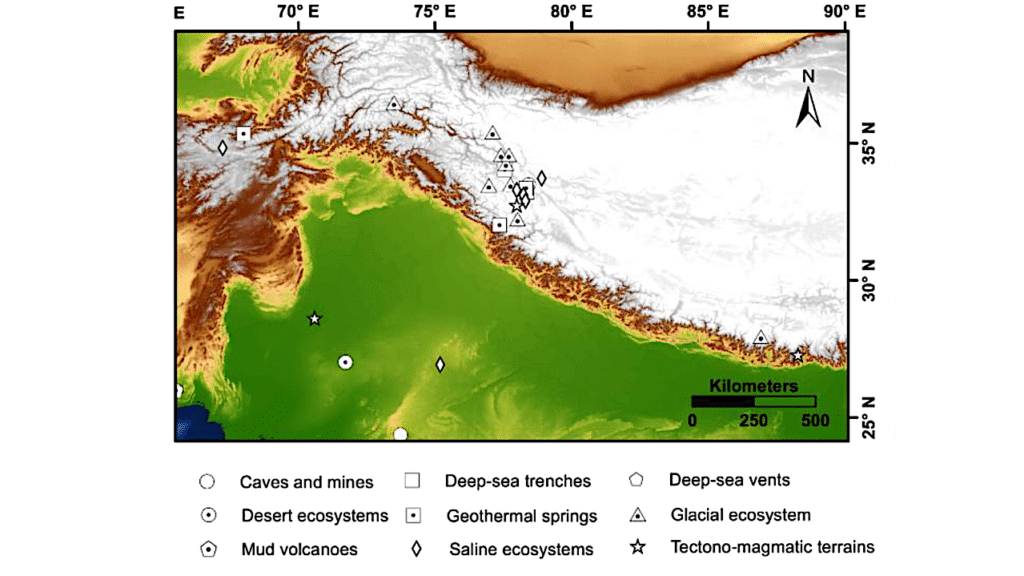Astrobiology and the Future of Life Meeting Abstract Deadline extended to August 9

Astrobiology and the Future of Life Meeting
October 16–18, 2024
Houston, Texas/Virtual
Call for Abstracts. Extended abstract submission deadline: August 9, 2024, 5:00 p.m. CDT
Astrobiology is often defined as the study of the “Origin, Evolution, Distribution, and Future of Life in the universe.” NASA researchers, among others, have advanced vigorous studies in the first three of these. Research currently supported and envisioned by all NASA Science Divisions (Astrophysics, Biological and Physical Sciences, Earth Science, Heliophysics, and Planetary Science), as well as research related to human exploration, targets elements related to the Future of Life.
However, this research has not been coordinated nor collectively organized. Therefore, NASA’s Astrobiology Program is holding the Astrobiology and the Future of Life meeting to bring together researchers from various scientific disciplines and divisions to share ideas and generate new research organized around the broad theme of the Future of Life.
Presentations may include the following topics (among others):
- Technosignatures
- Future evolution of Earth (atmospheric, geophysical, biospheric)
- Deep time variability and long-term coevolution of atmospheres, life, geospheres, and technospheres
- Modeling possible future Earths and exoplanet observations
- Survival of Earth life on other planets
- Multigenerational life in isolated habitats
- Solar/stellar evolution and habitable zones
- Space climate
- Magnetic fields and habitability
- Sun-climate connections
- The Sun’s future path through the galaxy and possible climate implications
- Long-term biosphere/planetary feedback affecting the habitable lifetimes of planets
- Dynamical stability of planetary systems
- Solar/stellar variability and limits on biospheres and technospheres
- Evolution of habitable zones during post-main sequence solar/stellar evolution
- Future Habitability of Ocean Worlds
- How does life extend (or limit) habitable lifetimes?
For more information, see: https://www.hou.usra.edu/meetings/astrobiology2024/








